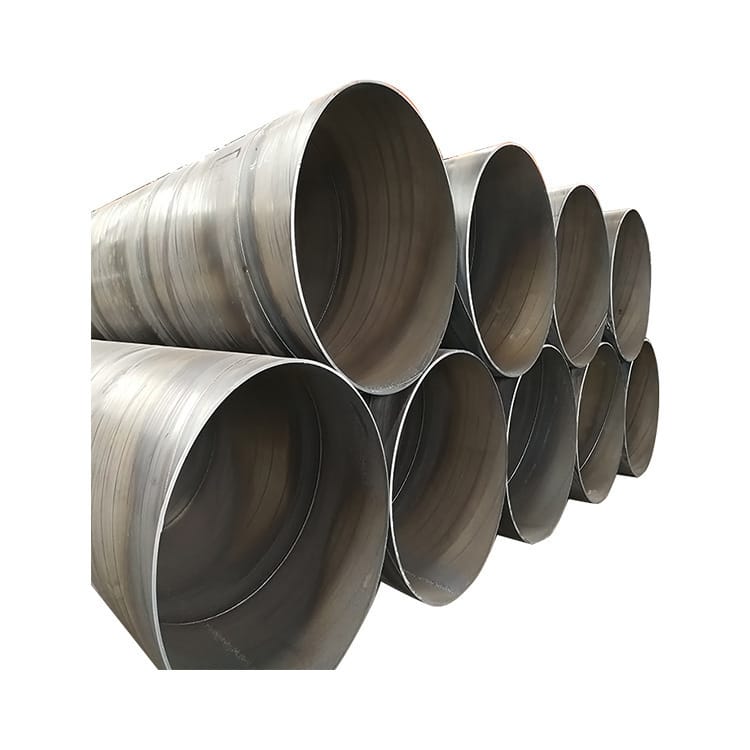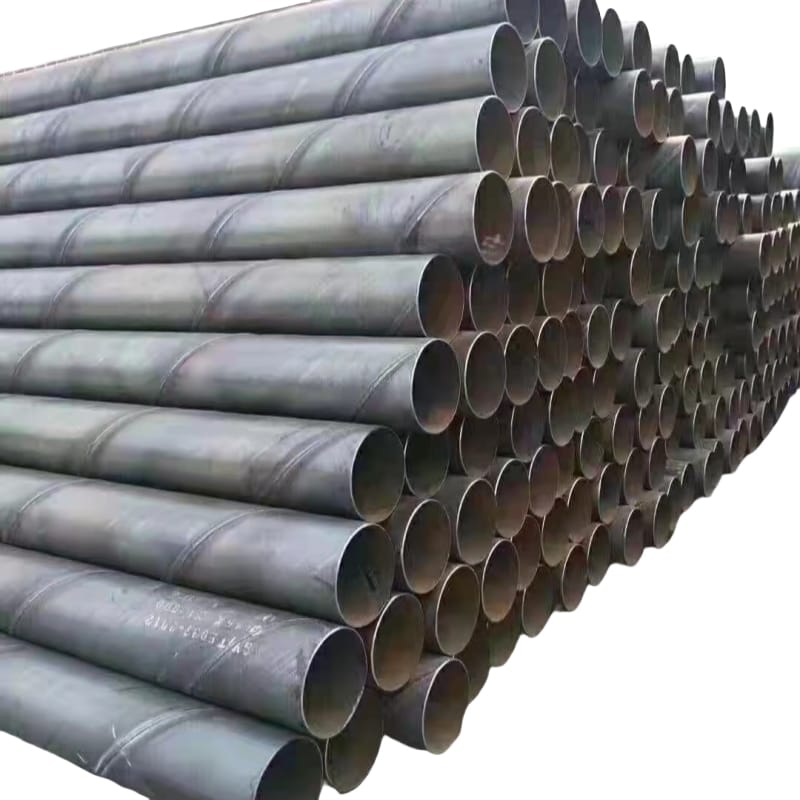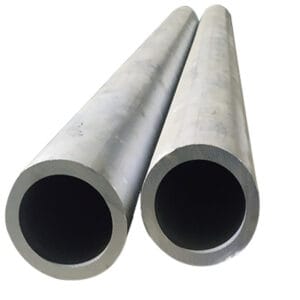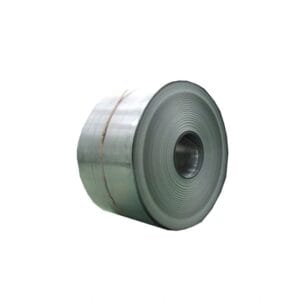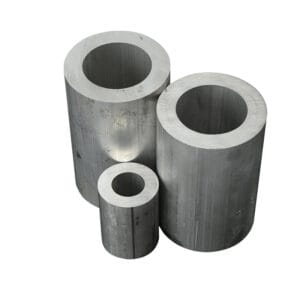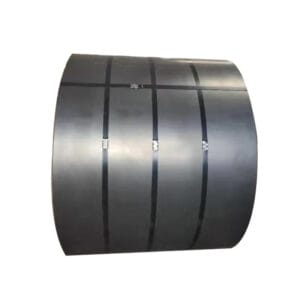Carbon Steel Pipe
Carbon steel pipe is a steel pipe with carbon as the main alloying element, and the carbon content is usually between 0.05% and 1.5%. According to the carbon content, carbon steel pipe can be divided into low carbon steel, medium carbon steel and high carbon steel.
Carbon steel pipe is widely used in construction, petroleum, machinery and automobile fields due to its high strength, good processability and low cost.
Description
Carbon steel pipe is a steel pipe with carbon as the main alloying element, and the carbon content is usually between 0.05% and 1.5%. According to the different carbon content, carbon steel pipe can be divided into low carbon steel, medium carbon steel and high carbon steel.
Classification of carbon steel pipe
1. Classification by carbon content:
Low carbon steel (C≤0.25%): good plasticity and easy processing.
Medium carbon steel (0.25%<C≤0.6%): moderate strength and hardness.
High carbon steel (C>0.6%): high hardness and good wear resistance.
2. Classification by manufacturing process:
Seamless steel pipe: made by hot rolling or cold drawing, suitable for high pressure environment.
Welded steel pipe: made by welding steel plates or steel strips, suitable for low pressure environment.
Manufacturing process of carbon steel pipe
1. Hot rolling process: the steel billet is heated to a high temperature and then rolled into shape, which is suitable for the manufacture of large-diameter thick-walled steel pipes.
2. Cold drawing process: It is formed by drawing through a die at room temperature, which is suitable for manufacturing steel pipes with high precision and high surface quality.
3. Welding process: Steel plates or steel strips are welded into a tubular shape by high-frequency welding or arc welding, which is suitable for manufacturing long-distance transmission pipelines.
Characteristics of carbon steel pipes
1. High strength: The higher the carbon content, the greater the strength and hardness, but the plasticity and toughness will decrease.
2. Good machinability: easy to weld, forge and machine.
3. Low cost: abundant raw materials, mature manufacturing process, and relatively low price.
4. Poor corrosion resistance: easy to rust, surface treatment or coating protection is required.
Uses of carbon steel pipes
1. Construction field: used for structural support and piping systems.
2. Oil and gas: used for transmission pipelines and drilling equipment.
3. Machinery manufacturing: used for manufacturing parts and mechanical equipment.
4. Automobile industry: used for components such as frames and chassis.
5. Power industry: used for boiler tubes and heat exchanger tubes.
Carbon steel pipes are widely used in construction, petroleum, machinery and automobiles due to their high strength, good processability and low cost. According to different carbon content and manufacturing process, carbon steel pipes can be divided into many types, suitable for different application scenarios.

